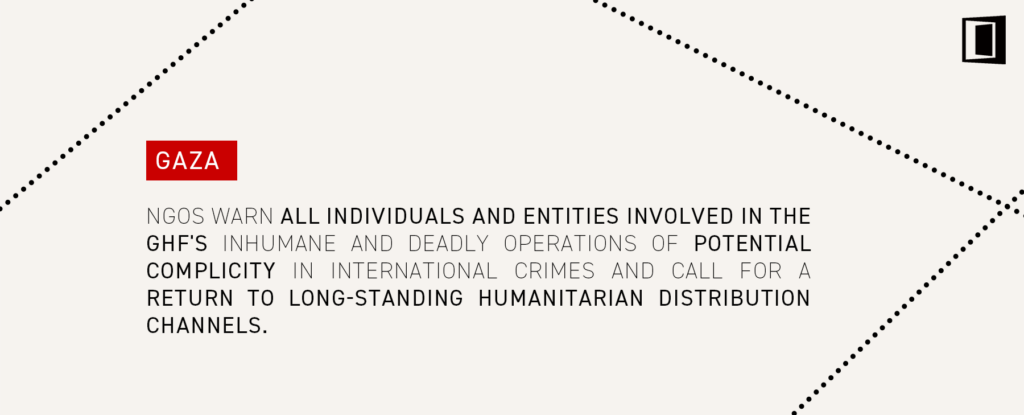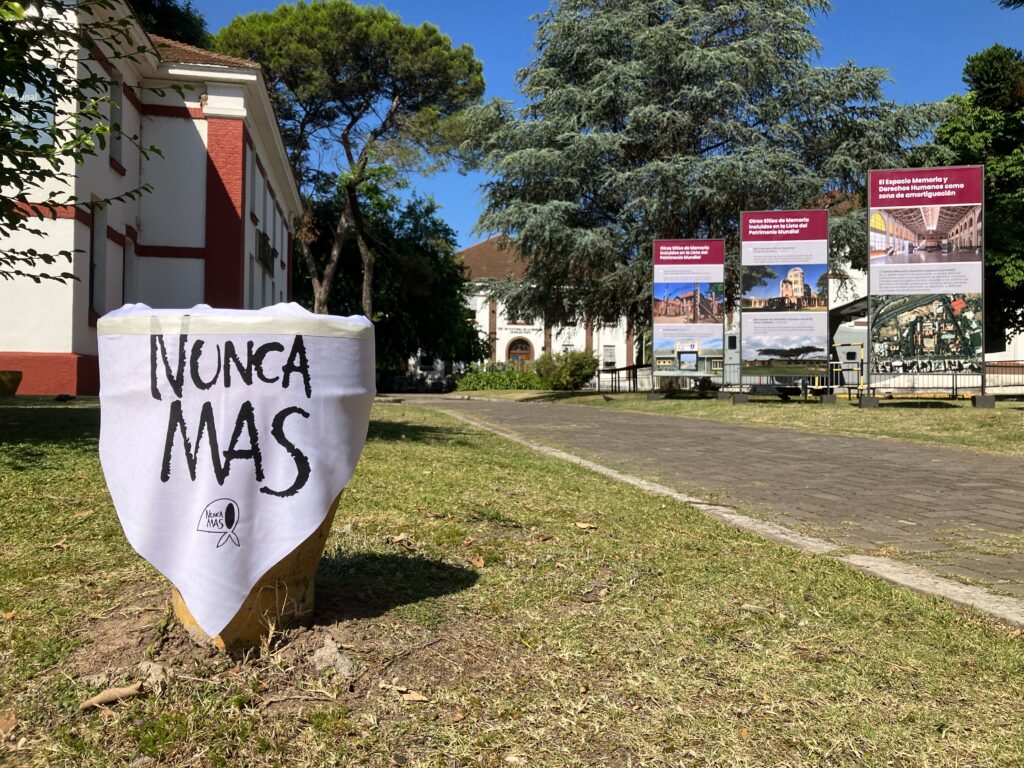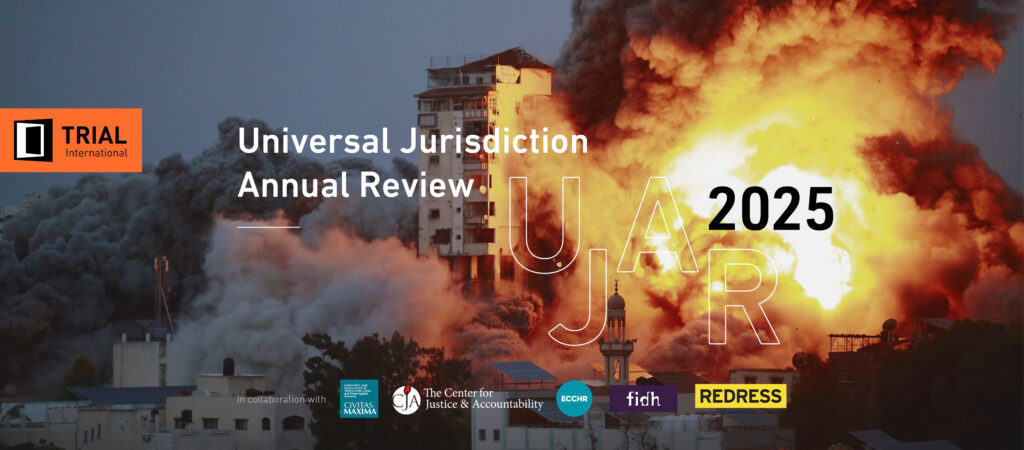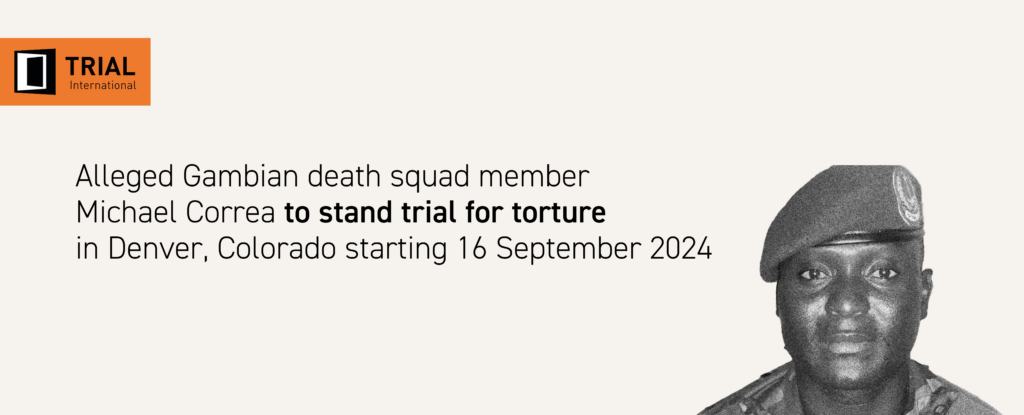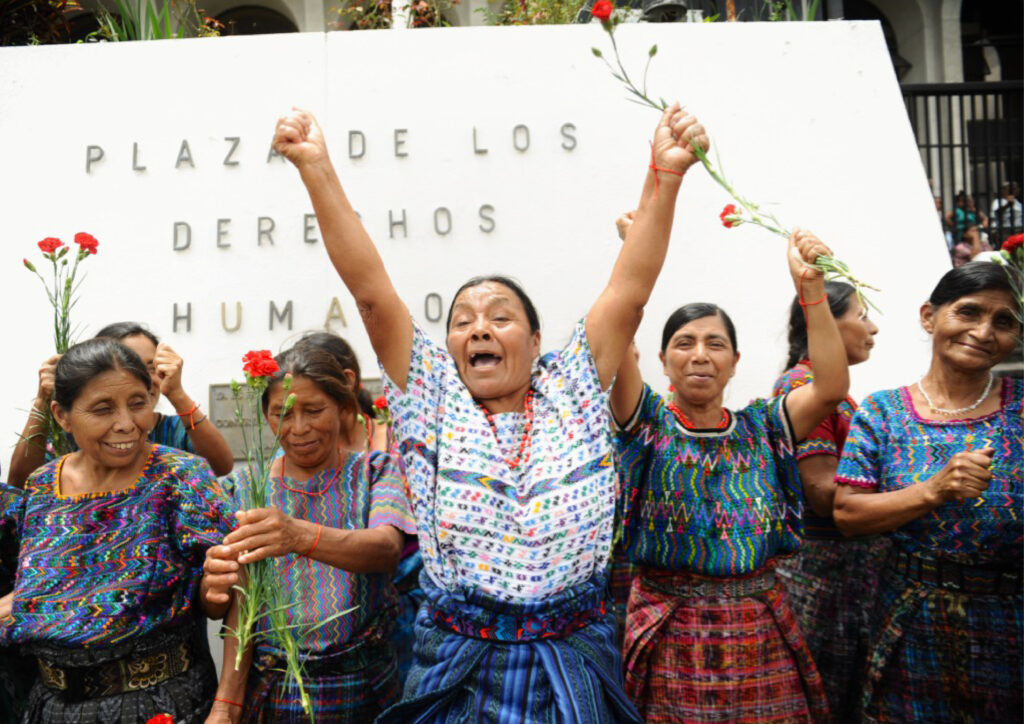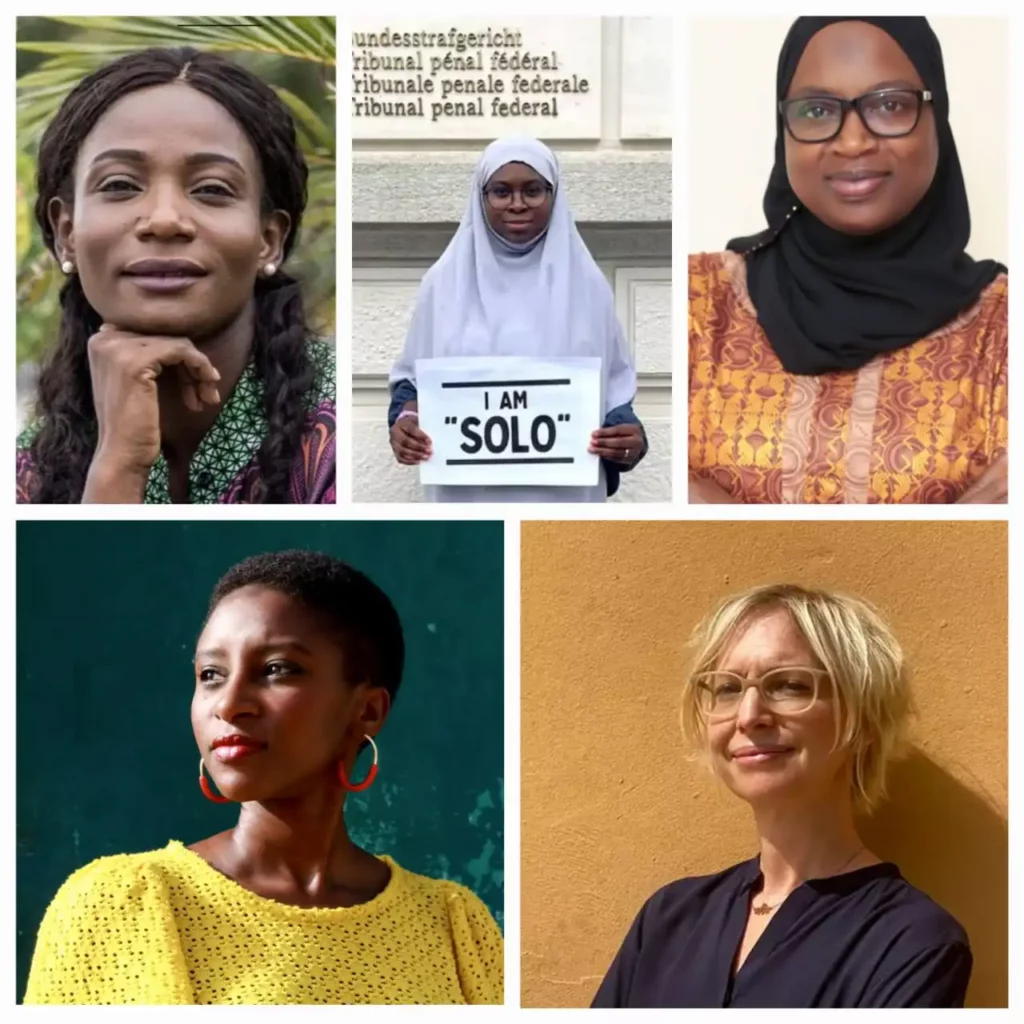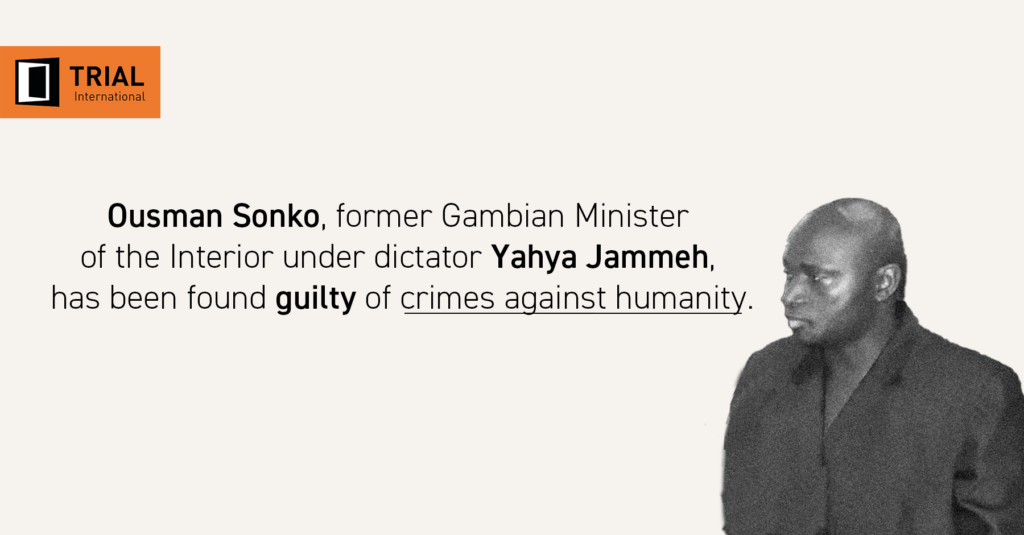ICC withdrawals: international justice needs our unbending support
An op-ed by Philip Grant
South Africa’s withdrawal from the International Criminal Court (ICC), followed closely by Gambia and Burundi, has made the headlines in the recent days. To avoid any more withdrawals, State members must reaffirm their support to international justice.
On 27 October 2016, Burundi has officially withdrawn its membership to the ICC. A few days before, South Africa – far less isolated than Burundi on the international stage – had set the ball running, followed by Gambia.
Yet all three States had ratified the Rome Treaty promptly not so long ago, standing against impunity with a courage that many Western countries lacked. African governments have supported the project of an International Criminal Court before it even saw the day and have actively participated to its foundation.
How to explain the sudden U-turn of Burundi, Gambia and South Africa?
The answer is that a strong-willed international justice is disruptive. These States perhaps thought that their own creation would not turn against them, that it would be confined to trying their opponents. By opening a preliminary examination on Burundi last April, the ICC showed that it would not be the case.
The Court had already acted in a similar fashion when it indicted six high-ranking Kenyan officials, some of whom are still in power today. Kenya has counted ever since among the ICC’s most vocal critics. The same happened in Ivory Coast, when the Prosecutor looked into the crimes committed by the current President’s party. How many countries have renewed their unbending support to the Court after it incriminated its rulers – and not just its political opponents? None.
Strong and credible justice
And yet an international justice that also targets the powerful is a strong and credible one. It is the sign that the ICC – a comparatively young institution – is spreading its wings and gaining confidence.
We need to go beyond the false and sterile debate of whether the Court is biased against African countries. The ICC is more diverse than that: Colombia, Georgia and Palestine are also under its eye. A European power is the object of preliminary examination: Great Britain, for the crimes committed by its troops in Iraq. And growing rumors have it that Afghanistan could also be concerned, notably for the acts committed by US troops.
Other developments are also highly promising. The Prosecutor has recently indicated that she would like to target economic crimes – and especially environmental crimes – more actively. The Court should also soon be enabled to prosecute the crime of aggression, which means the likes of George W. Bush and Tony Blair would stand within its reach in the future.
These examples show that justice is moving forward. But the ICC’s clout will only ever depend on the cooperation of its State parties and on the support of civil society. We must fight – and so must our governments – to perpetuate over 20 years of progress on international justice.
Philip Grant, TRIAL International’s Director

